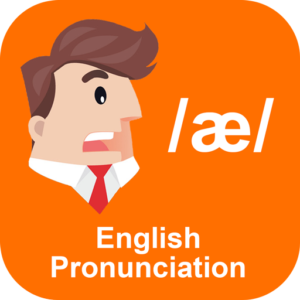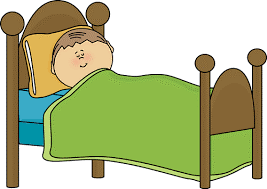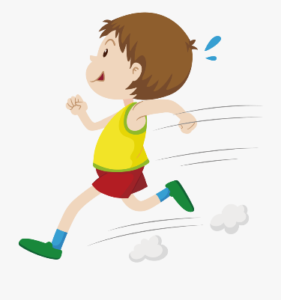Back to: English Language Primary 2
Hi there!
Welcome to class. In this class, you will be learning how to correctly use adjectives in sentences and also learn new words.
Happy Learning.
GRAMMATICAL ACCURACY
Correct Use of Adjectives in Short Sentences.

When you want to describe something around you, what you taste, smell or feel, you use words. And those words are adjectives.
Examples of those words are; brilliant, tall, pretty, short, plenty, black, blue, big, round, and so on.
How can you correctly use adjectives in sentences?
Many times, we use more than one adjective in a sentence before a noun.
To use more than one adjective correctly in a sentence, there are patterns to follow.
- In using more than one adjective, we use the adjective of size or quantity first, then colour.
For example; the big black bag
Big black are adjectives and, in this case, we have two adjectives describing the noun ‘bag’.
Bassey lives in a tall green house
She has a short white dog.
- Use of “and” and “comma” correctly in adjectives.
You should have noticed that we did not use a comma or and in the previous examples.
For example:
The big and black bag
The big, black bag
She has a short and white dog
She has a short, white dog.
We only use “and” when adjectives are from the same group.
Examples:
- Eva has a brown and blue skirt.
- She lives in a blue and red building
- My white and black dress is torn
We also use ‘and’ and commas when we have more than one adjective describing a noun. For instance;
- I have a red, yellow and green skirt.
- She is brave, brilliant and beautiful.
- Her skin is soft, shiny and oily.
READING
Pronunciation of Given Words Correctly.

Pronounce these words:
- Gate /geyt/
- Butter /buht-er/
- Battery /bat-uh-ree/
- Father /fah-ther/
- Country /Kuhn-tree/
- Yellow /yel-oh/
- Woman /wim-in/
- School /skool/
- Night /nahyt/
- Water /wot-er/
LISTENING AND SPEAKING
TOPIC: Asking and Answering Questions on Present, Past, and Future Actions.
Actions words are known as verbs.
Like:


Singing Writing


Jumping Sleeping


Running Brushing
Present Tense Verbs are verbs that show the actions happening in the present.
E.g. Run, Swim, Go, Jump etc.
Past tense verbs are verbs of actions performed in the past. For example;
I was at the zoo yesterday.
Future tense verbs are verbs of actions that will happen or yet to be performed.
E.g. I will be in school tomorrow.
Let us learn how to ask and answer questions in present, past and future tense.
ASKING AND ANSWERING QUESTIONS IN PRESENT TENSE.
| Question | Answer |
| Do you need the blade? | Yes, I do. |
| Where are you at? | I am at the mall |
| Where do you live | I live on Simpson street |
ASKING AND ANSWERING QUESTIONS IN PAST TENSE.
| Question | Answer |
| Did you watch the movie? | Yes, I did. |
| What did you do at her house? | I washed the plates |
| Were you in the last night? | Yes, I was. |
ASKING AND ANSWERING QUESTIONS IN FUTURE TENSE
Future tense questions and answers always have the verb “will.”
| Question | Answer |
| Will you be at my birthday party? | Yes, I will. |
| What time will the class end? | The class will end at 1pm |
| When will you call Terry? | I will call Terry tomorrow |
Stay Happy Always. See you Soon.
